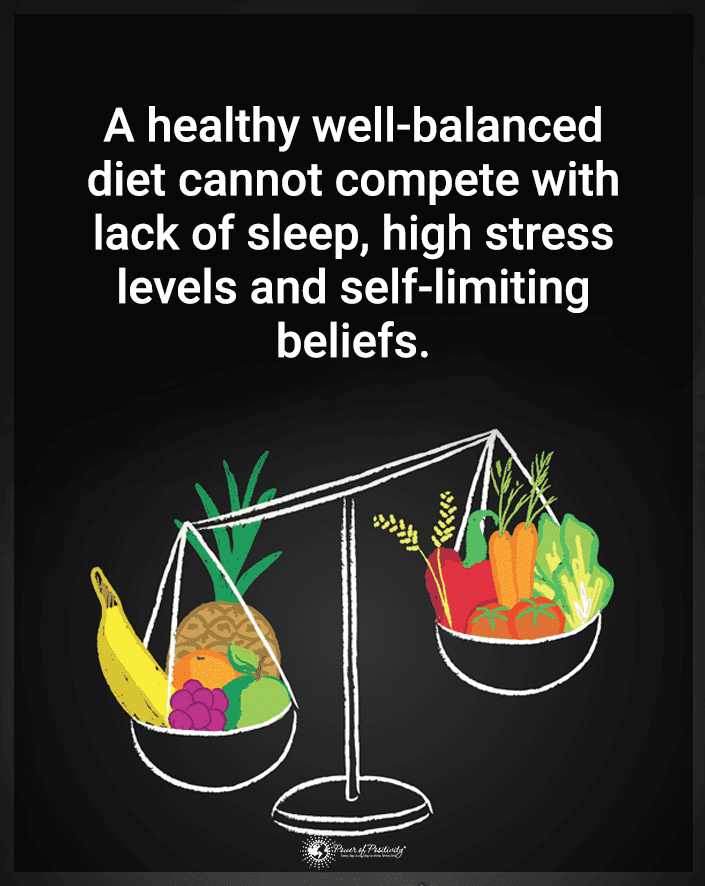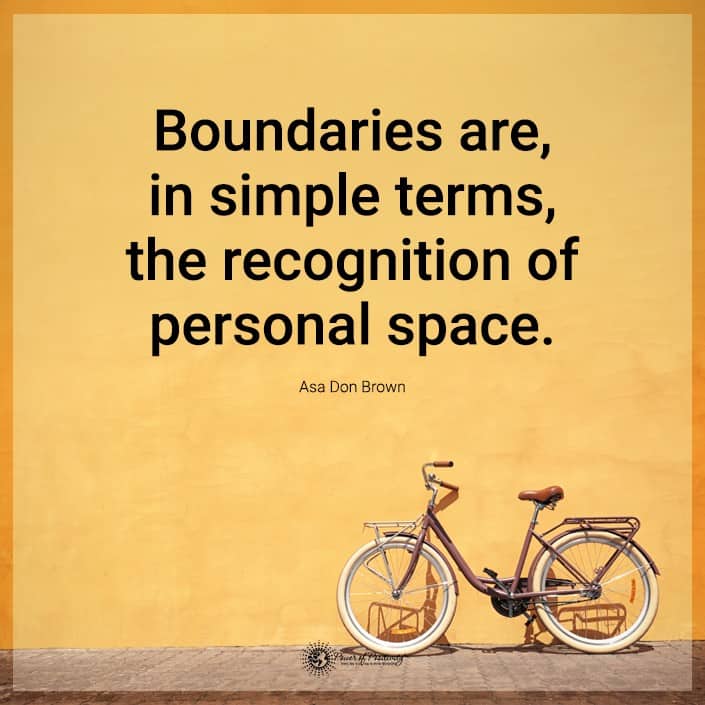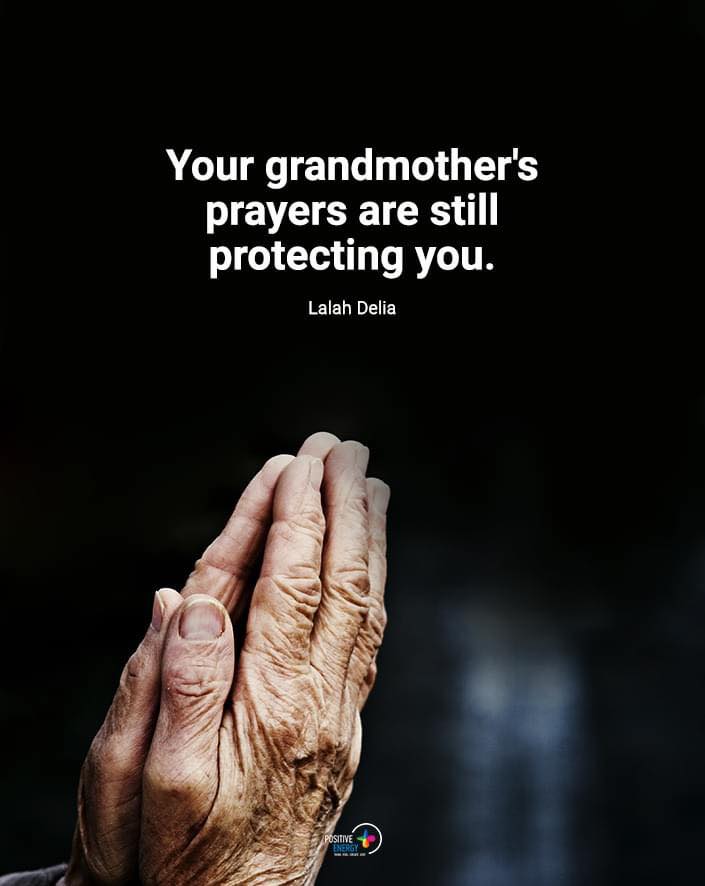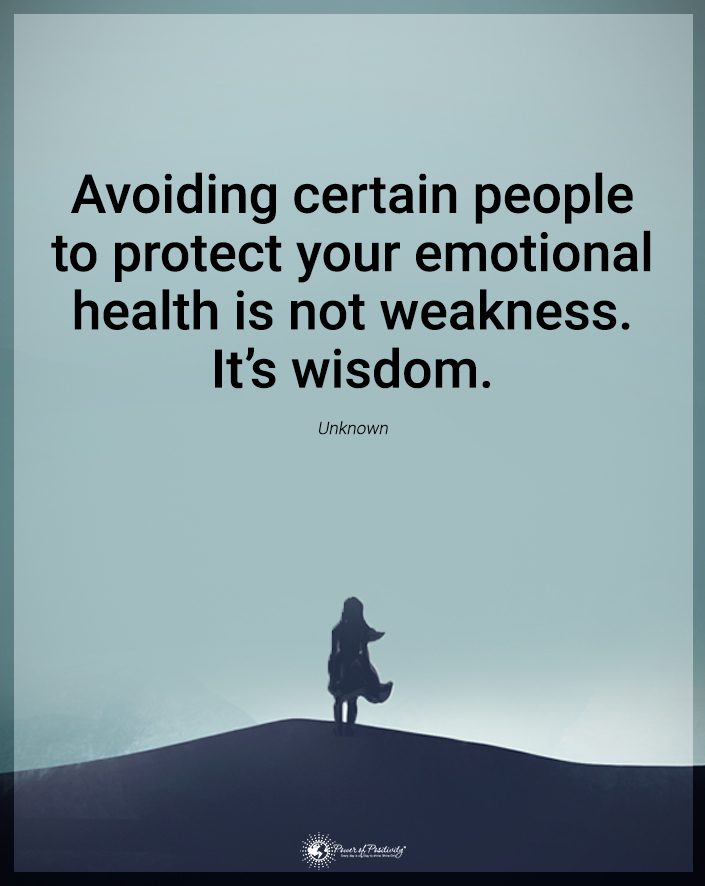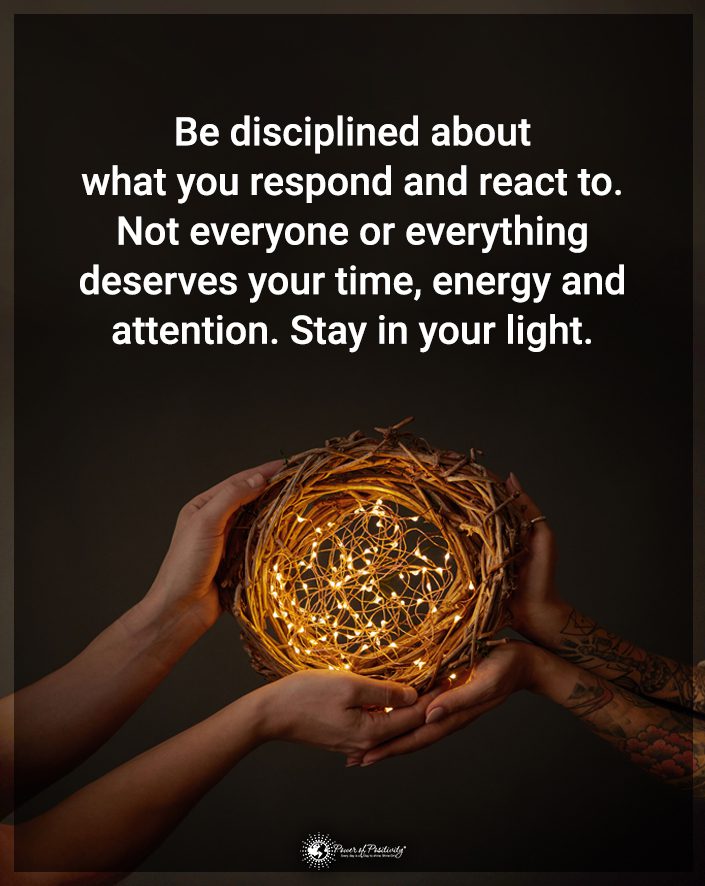These are the signs that a woman’s falling for you.
Love, a timeless emotion, manifests uniquely in everyone. Still, there’s a distinctive way that women express it. When a woman falls in love, her behaviors become a beautiful mingling of emotional depth, care, and genuine affection.
These behaviors are not just mere reactions. Instead, they are authentic expressions of a heart opening up.
Before we jump into the signs, it’s worth noting that these behaviors come from the brain, not the heart. According to an article published by Neuro Endriconology Letters:
“Love is a complex neurobiological phenomenon, relying on trust, belief, pleasure and reward activities within the brain.”
Note: If you hope to learn about the signs of a man who has fallen in love, please check out our companion article geared toward male behaviors.
15 Signs a Woman Is Falling in Love
Keep reading as we unravel the subtle signs of a woman falling in love. From emotional openness to nurturing instincts, each behavior paints a picture of love’s transformative power in a woman’s life.

1 – Emotional Openness
One of the most striking signs of a woman falling in love is her increased emotional openness. Unlike the guarded approach often taken in the early stages of a relationship, a woman in love finds the courage to lower her emotional walls. This vulnerability is not a sign of weakness. Instead, it reveals strength and trust.
She shares her thoughts, feelings, fears, and dreams more freely, inviting her partner into the inner sanctum of her heart. This level of emotional sharing creates a deeper, more intimate bond. Indeed, it signifies a significant leap from superficial interaction to profound connection.
2 – Falling in Love Brings out Her Nurturing Instincts
The nurturing aspect of a woman’s love is both intuitive and profound. When in love, these instincts become more pronounced as she invests emotionally and physically in her partner’s well-being. This nurturing goes beyond mere caretaking. Rather, it expresses her deep affection and commitment.
It manifests in simple acts. Watch for a comforting word or a caring touch on a bad day. It also means attending to her partner’s needs or being there to show her full support. This heightened care is not about taking over her partner’s life but adding warmth, love, and comfort.
3 – Desire for Deep Communication
A fundamental shift that occurs when a woman falls in love is her desire for deep, meaningful communication. It’s not just about casual talks or sharing day-to-day experiences. She seeks conversations about core values, beliefs, and personal philosophies. This desire stems from a longing to understand and be understood on a level transcending the mundane.
She builds a strong emotional and intellectual connection with her partner through these conversations. Thus, she lays the foundation for a relationship rooted in mutual understanding and respect.
4 – Thoughtful Gestures
The language of love is often spoken through gestures, and a woman in love becomes fluent in this language. Thoughtful gestures become a hallmark of her affection. These are not necessarily grand or elaborate but are characterized by their personal touch and significance.
It could be remembering and celebrating important dates or picking up something her partner needs without being asked. It could also look like preparing a favorite meal to celebrate a birthday.
These gestures are her saying, “I care, I pay attention, and I love you.” They are small acts, but they carry the weight of her feelings, making them invaluable in the landscape of love.
5 – Prioritizing Time Together
When a woman falls in love, she often redefines her priorities, significantly emphasizing spending time with her partner. It isn’t just about finding time in a busy schedule; it’s about making time, often going out of her way.
This prioritization is a clear testament to her affection and commitment. It might mean rearranging her schedule, preceding other engagements, or simply ensuring that regular, quality time together is a non-negotiable part of her life. This dedicated effort to be with her partner underscores the depth of her feelings and her desire to nurture the relationship.
6 – Sharing Future Aspirations
A telling sign of a woman deeply in love is her willingness to share her future aspirations, dreams, and plans, integrating her partner into these visions. This sharing goes beyond daydreaming. Rather, it’s a sincere consideration of a shared future.
Whether it’s career goals, travel plans, or personal ambitions, she starts weaving her partner into her future. This integration is a significant step, indicating that she sees her partner not just as a part of her present but as a crucial component of her future.
7 – Emotional Attachment to Partner’s World
As love deepens, a woman often develops a growing emotional attachment to her partner’s world. That means learning about their interests, friends, and family. It is not about losing her identity in her partner’s life. Rather, it’s about expanding her emotional realm to include those important to her partner.
Showing genuine interest in her partner’s hobbies, forming bonds with their friends, and making efforts to connect with their family are all indicators of this deepening emotional attachment. This behavior signifies a desire to fully integrate their lives, building a relationship encompassing the two and their broader social worlds.
8 – Falling in Love Eventaully Leads to Increased Physical Intimacy
Physical intimacy is important in a woman’s expressions of love. This intimacy encompasses a range of physical connections. It might mean gentle touches, holding hands, giving hugs, and cuddling.
These actions are expressions of affection, comfort, and a deepening emotional bond. Physical intimacy becomes a language through which she communicates her love, desire, and commitment to her partner, strengthening their emotional connection.
9 – Seeking Emotional Support
In a loving relationship, a woman often turns to her partner for emotional support, signifying trust and deep emotional reliance. This support isn’t solely about seeking comfort in times of distress; it’s also about sharing joys, accomplishments, and everyday experiences.
Turning to her partner for support shows that she values their presence and perspective. This reliance is a blend of vulnerability and strength, showcasing a relationship where both partners are sources of strength and comfort for each other.
10 – Falling in Love and Bringing Her Partner into Her Inner Circle
Introducing a partner to close friends and family is a significant step for a woman in love. This introduction is more than a mere formality; it’s an invitation into her private and personal space. It signifies that she is ready to open up her life and share her world with her partner.
This step often comes with a sense of pride and excitement, as she is eager to show her partner where she comes from and who she is outside of the relationship. This integration is a clear indicator of her serious intentions and her desire to solidify the relationship.
11 – Adapting and Compromising
A woman in love often exhibits a remarkable willingness to adapt and compromise for her relationship. This adaptation is not about losing her identity or personal values but finding a harmonious balance that benefits the relationship. Whether adjusting to her partner’s lifestyle, accommodating their preferences, or finding a middle ground in disagreements, this behavior signifies her commitment to the relationship’s health and longevity. It reflects her understanding that love involves give and take and that true partnership is built on mutual concessions and understanding.

12 – Falling in Love Involves Valuing Her Partner’s Opinions
Women in love value their partner’s opinions, especially in key decision-making processes. This isn’t about dependency; it’s a sign of respect and partnership. She considers her partner’s views and feelings integral to her decision-making, whether about career moves, personal choices, or everyday decisions.
This behavior demonstrates her belief in a balanced relationship where both partners’ thoughts and feelings are valued equally. It’s a testament to her trust in her partner’s judgment and her desire to make beneficial decisions for both of them.
13 – Displaying Jealousy and Concern
Mild jealousy and concern in a woman can sometimes indicate deepening feelings. While excessive jealousy can be harmful, a moderate amount can signify her fear of losing someone important to her. This emotion often stems from her deep care and affection for her partner. It’s important, however, to differentiate between natural, mild feelings of jealousy and unhealthy, controlling behaviors. The former can be a natural part of the emotional spectrum in a relationship, while the latter is a red flag.
14 – Joy in Small Moments
One of the most heartwarming signs of a woman in love is her increased appreciation for the small, everyday moments spent with her partner. These moments become treasured memories, whether sharing a laugh over a private joke, cooking a meal together, or enjoying a quiet evening. This joy in simple moments indicates her contentment and happiness in her partner’s presence. It shows that for her, love isn’t only found in grand gestures and the quiet, ordinary moments that make up the fabric of their relationship.
15 – Falling in Love Means Expressing Pride in Their Partner
A woman deeply in love often expresses immense pride in her partner’s achievements and qualities. This pride is more than mere admiration; it’s a deep-seated respect and appreciation for who her partner is and what they accomplish. Whether celebrating their successes or supporting them in their endeavors, her pride in them indicates her affection and respect. This behavior boosts her partner’s confidence and strengthens their bond, showing her unwavering support and belief in their potential.
Final Thoughts on Knowing the Signs of a Woman Falling in Love
Understanding the signs of a woman falling in love can deepen our appreciation of the complexities and depth of female emotions in romantic relationships. From emotional openness and nurturing instincts to valuing their partner’s opinions and finding joy in everyday life, these signs paint a picture of what it means to be a woman in love.
Recognizing and cherishing these behaviors can lead to stronger, more fulfilling relationships. Those which are built on mutual respect and understanding. In essence, these signs are not just indicators of affection. Instead, they form a sturdy base for a deep, enduring love.




